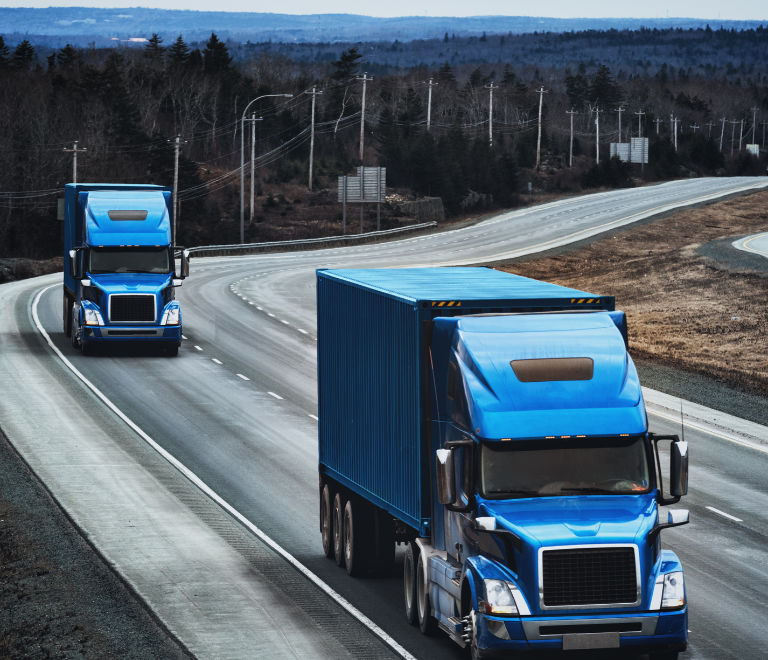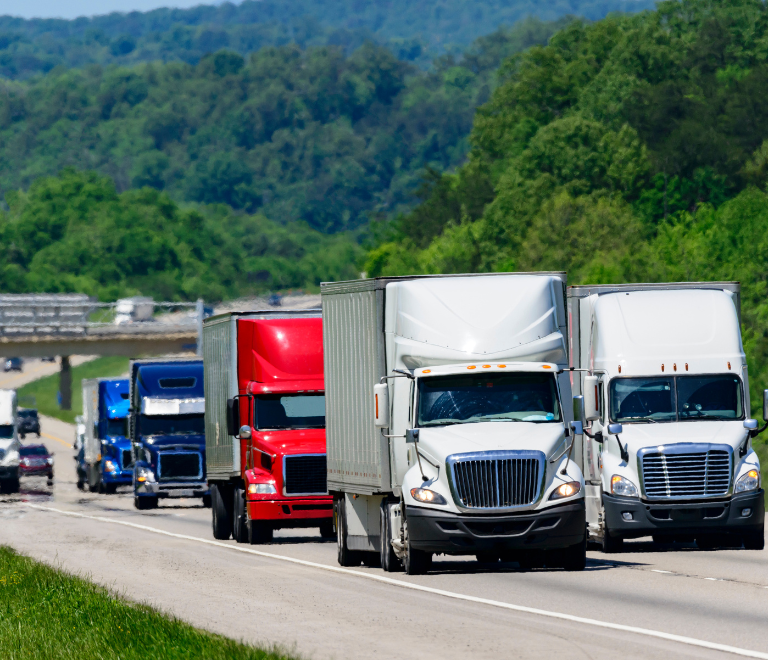In the first part, we’ve enumerated various pros and cons of leasing and renting trucks to help you determine your choice.
Several important variables need to be considered when deciding whether to lease or buy a truck for your company. This important choice should be influenced by the particular operational requirements, financial situation, and strategic goals of each company.
In this post, we’ll go over some of the most important things to remember while you decide whether to buy or lease trucks.
Factors To Consider When Leasing A Truck
Business Financial Health
Whether to buy or lease a space is heavily influenced by your company’s financial situation. Since leasing typically involves less cash upfront, it’s a desirable choice for start-ups and companies with limited resources.
On the other hand, leasing may end up costing more in total over time than buying. However, buying a truck outright or financing it involves a substantial upfront expense but may end up being more economical in the long run.
Ownership could be a good alternative if your company is financially stable and the upfront fees don’t put a strain on your spending plan.
Frequency Of Truck Use
Considering how frequently and heavily you intend to utilize the truck should be one of your priorities. Excessive mileage and frequent use might increase wear and tear, which can incur costs when the lease expires.
Ownership may be a wiser option if your company requires frequent heavy-duty truck use because it offers more flexibility and fewer limitations. However, leasing can be an affordable option if you don’t use your truck frequently or at all and don’t want to take on complete ownership.
Maintenance And Depreciation
The trucking business is fundamentally impacted by concerns with depreciation and maintenance. Like other automobiles, trucks lose value over time, with the first few years seeing a particularly high rate of depreciation.
If you lease your truck, the leasing company is in charge of depreciating it; if you own your truck, this can affect its resale value.
Flexibility And Adaptability
Businesses need to be able to quickly adjust to shifting market conditions, and fleet management is no exception. Leasing provides more flexibility if your company’s demands are expected to change—perhaps as a result of seasonal variations, different contracts, or shifting market dynamics.
Compared to when you owned the cars, it makes it easier for you to change the size and makeup of your fleet. On the other hand, ownership can offer stability and may prove to be more economical in the long run if your company has consistent, predictable trucking demands.
Cash Flow Implications
Managing cash flow is essential and this goes to all kinds of businesses. Cash flow management may benefit from cheaper upfront expenditures and a fixed, predictable monthly expense that comes with leasing a truck. But these recurring payments will last as long as you lease, which may end up costing more than outright ownership in the long run, particularly if you lease for a lengthy time.
On the other hand, buying a truck entirely can come with a hefty upfront cost, but as soon as you’ve paid for it all (or paid off any loans you took out to finance the purchase), the truck is officially yours. Its possible drawback is that money that might be allocated to other expenditures or operational costs is tied up.

Deep Dive Into Costs
Evaluating the benefits of leasing a truck as opposed to buying one requires a thorough analysis of the expenses and advantages of each option. Examining the original investment, ongoing monthly costs, and long-term financial effects are key. Let’s break down the key financial considerations that ought to affect your choice.
Comparing Upfront Costs Of Owning vs Leasing
Leasing: When it comes to upfront costs, leasing a truck is usually less expensive than buying one. The security deposit, the first month’s rent, and perhaps an administrative charge are your upfront expenses. One clear benefit of leasing is its lower upfront cost: it frees up resources for other urgent business demands or investments, which helps with cash flow management.
Owning: If you decide to buy a vehicle, there is a larger initial cost. But, this is an investment in a resource that will be yours, which may be advantageous if owning equity in your resources is consistent with your business plan. Furthermore, the down payment on a financed truck could be viewed as a preliminary step toward full ownership, turning it from a cost into a long-term investment.
Monthly Costs Comparison
Leasing: Your monthly expenses when renting a truck are usually fixed. Regular maintenance and repair expenditures are frequently included in the lease payment, which gives budgetary consistency. Although you will have to pay for fuel and insurance separately, leasing payments are often predictable, which can help you keep operating costs under control.
Owning: If you have financed the truck, your monthly expenses as the owner will also include fuel, insurance, and maintenance charges. Ownership has the benefit of more control over expenses, even though they may be more expensive and unpredictable than a lease payment. You have control over how your truck is maintained, and with consistent care, you might even be able to lower some of these expenses over time.
Long-term Costs Comparison
Leasing: In the long run, leasing can prove to be more expensive than buying, particularly if you decide to lease trucks regularly. However, since the lessor pays for the truck’s depreciation, leasing offers flexibility and may eventually have less of an adverse financial effect on your company.
The truck is yours to keep, but you forfeit any equity in it at the end of the lease. However, if your objective is to constantly refresh your fleet without thinking about trade-ins or resale, this may be advantageous.
Owning: In the long run, owning a vehicle may prove to be less expensive because of fewer recurring costs, especially after any loans are paid off.
Furthermore, having an asset you may sell to recoup your investment is another benefit of ownership. Having this residual value is a big benefit of ownership. Yes, there is an opportunity cost to take into account, but if the car is used for a long period, the advantages of owning an asset may exceed that cost.
Have you decided already? Would you rather lease or buy a truck?



